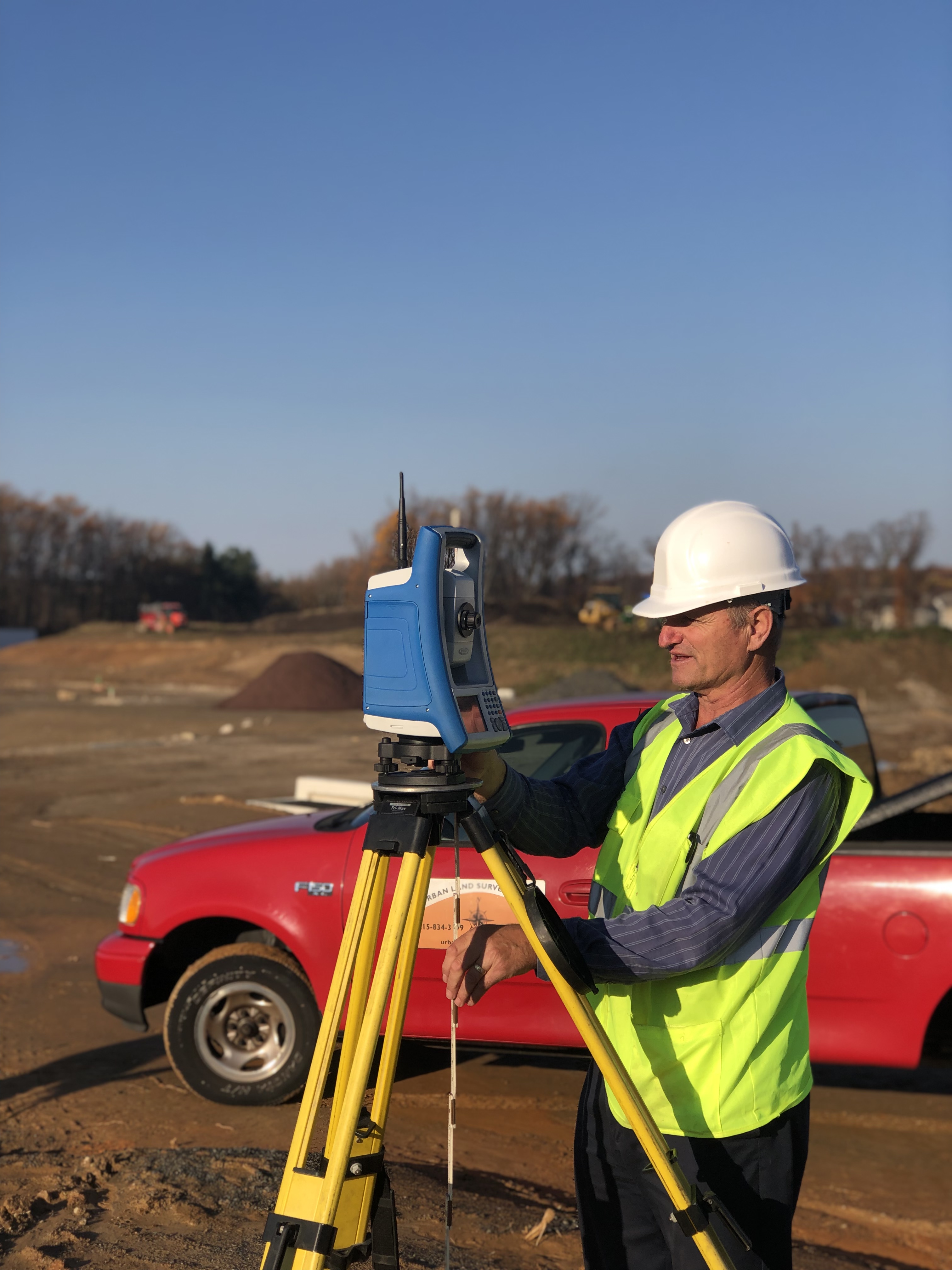In the intricate world of real estate and development, accuracy is paramount. Land surveying are the backbone of any successful project, offering insight and assurance in the often-complicated relationship between property and property ownership. Whether you are a homeowner considering a different purchase, a real estate developer embarking on a large-scale project, or a contractor preparing for development, the knowledge provided by certified surveyors can unlock accuracy and minimize risks.

From boundary disputes to site preparation, the role of surveying services extends far beyond basic measurements. Understanding the multiple types of property surveys and what to expect during the survey process can empower individuals and companies similarly to make informed decisions. This article explores the essential aspects of land surveying, highlighting the top reasons to hire a professional surveyor, the value of accurate surveys in real estate development, and how advancements in technology is transforming the industry. Join us as we discuss how surveying is not just a need, but a fundamental tool for ensuring prosperity in your property endeavors.
Main Benefits to Employ a Certified Surveyor
Employing a qualified surveyor is crucial for guaranteeing the precision and lawfulness of property measurements. One of the primary motives to engage a surveyor is their specialization in determining property boundaries. Land Survey Basildon is especially important in preventing disputes with adjacent owners and ensuring that your land lines are clearly marked and officially validated. Professional surveyors are educated to decipher legal descriptions and utilize advanced tools, ensuring that your land is accurately surveyed.
Another important factor to employ a professional surveyor is their capability to assist with various property transactions and development projects. Surveyors provide key information that informs determinations about land purchases, construction, and land use compliance. They can assist developers in understanding site constraints, easements, and available parcels, which ultimately leads to successful project planning and execution. Their insights help reduce risks associated with land use, making them indispensable partners in any development endeavor.
Lastly, professional surveyors employ advanced technology, such as Global Positioning System and unmanned aerial vehicles, to boost the accuracy and productivity of their work. This digital advancement not only speeds up the surveying process but also augments the precision of the data collected. By using these advanced tools, surveyors can deliver detailed topographic and boundary surveys, which are essential for any construction or land development project. Their expertise in employing these technologies ensures that clients obtain the best level of survey services, ultimately conserving time and resources.
Key Types of Land Surveys
There are essential categories of land surveys which hold a vital function in determining property lines and land characteristics. Boundary surveys is necessary for determining the precise lines that separate one property from the next. Such a survey is usually necessary when a property owner wants to verify that their boundaries have been clearly marked, particularly prior to the construction of fences or buildings. Accurate boundary surveys can help preventing disputes with neighbors and provide legal protection for property rights.
Topographic land surveys provide detailed information about the elevation and shapes of a piece of land. These surveys tend to be notably important for construction projects, as they help architects and engineers comprehend the natural characteristics of the terrain. Through mapping the slope, drainage, and other land characteristics, topographic surveys serve a crucial role in site planning, grading, and landscaping. Developers often rely on these surveys to create designs that coordinate with the landscape and adhere to zoning regulations.
Another important type of survey is the ALTA/NSPS survey, that is often required for commercial real estate transactions. This comprehensive survey merges boundary, topographic, and utility data, adhering to the standards set by the American Land Title Association and the National Society of Professional Surveyors. ALTA/NSPS surveys provide extensive details regarding property boundaries, easements, and zoning, guaranteeing that buyers have a complete understanding of that which they are acquiring and helping to mitigate potential legal issues.
The Role of Surveying in Land and Construction
Site surveying plays a critical role in property and construction by providing accurate measurements and insights necessary for planning and building. A land survey maps land boundaries, identifies easements, and uncovers any likely encroachments. This foundational data is important not just for upcoming developments, but also for homeowners looking to purchase or divest of their land. By having a clear understanding of property lines and dimensions, builders can avoid financially burdensome disputes and ensure that projects adhere to regulations.
Additionally, land surveying services are necessary in the initial stages of construction. Experts utilize various types of land surveys, such as topographic surveys and boundary surveys, which inform engineers and builders about terrain features. This data helps in the layout of buildings and infrastructure, ensuring that projects are both feasible and compliant with zoning laws. Accurate measurements also aid in identifying likely effects on the environment, which can affect the development process.
As technology continues to evolve, so does the importance of land surveying in property development. Innovations such as GPS and drone technology have enhanced the precision and effectiveness of surveys, allowing for instant data collection and evaluation. This progress not only streamlines the surveying process but also guarantees that all facets of property development is informed by trustworthy information. In Click here for info , the function of surveying is crucial to creating environmentally friendly and legally compliant developments that serve both developers and the community.
